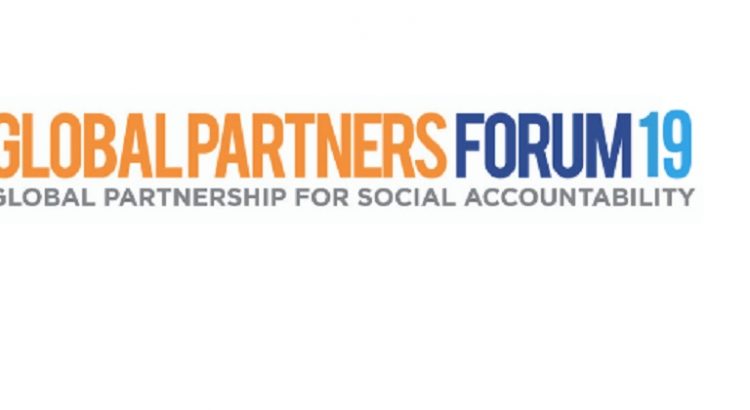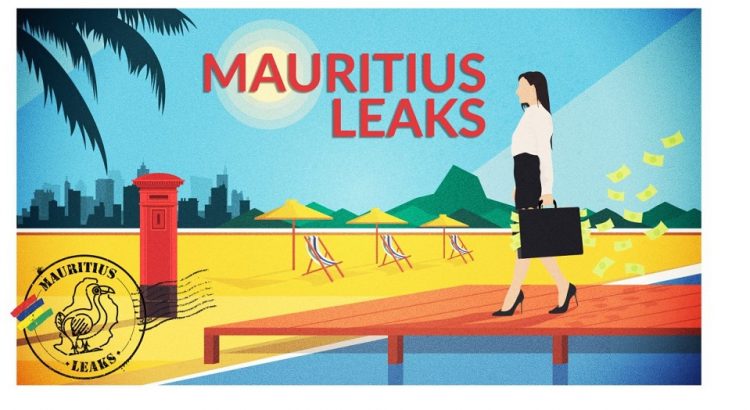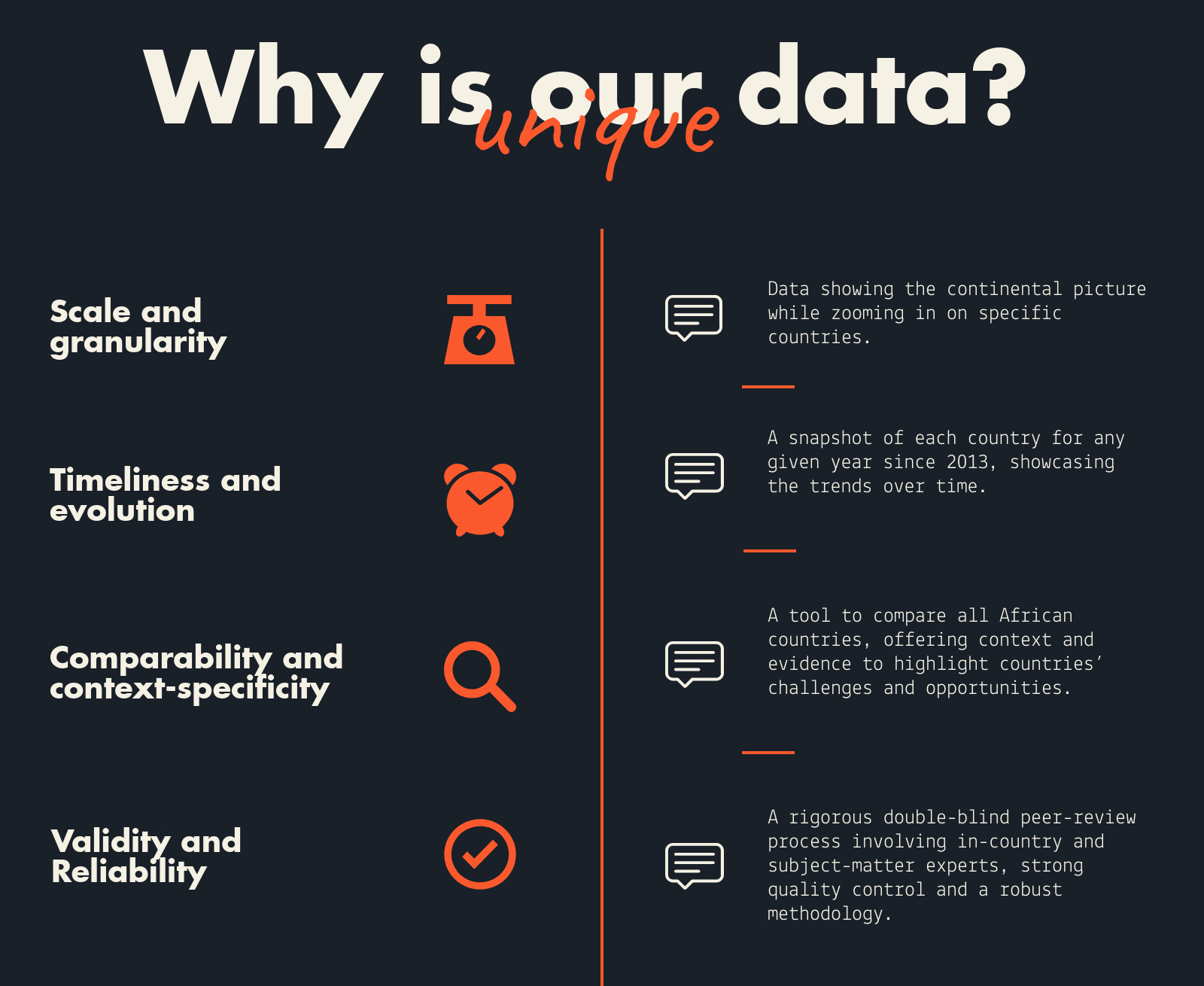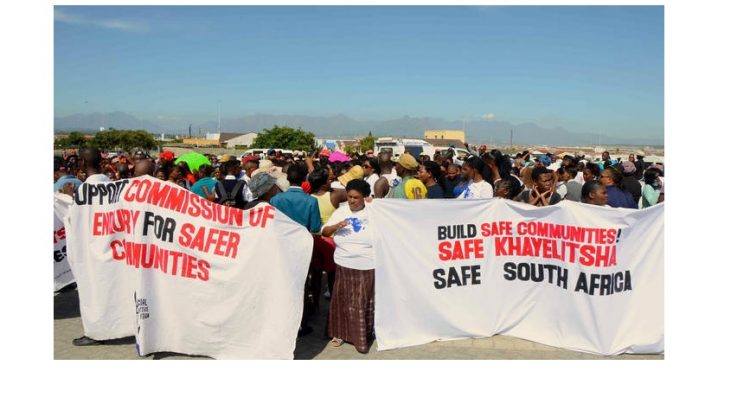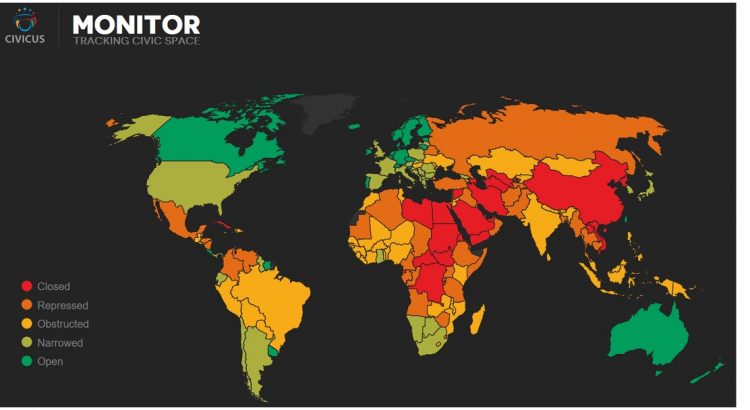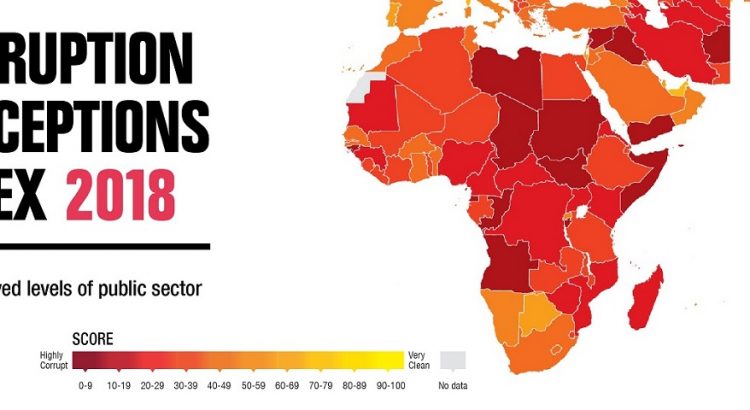By Shaazka Beyerle and Davin O’Regan. Originally posted here
Policy and programs seeking to advance transparency and accountability in public budgets have tended to focus on the state apparatus. Whether it be new laws that require greater openness or punish malfeasance or entirely new commissions and regulatory agencies to strengthen checks and balances, many initiatives focus internally on the state – the civil service, the courts, the legislature, or the executive.
These efforts are critical for enhancing accountable fiscal governance, but they are insufficient for producing lasting change or surmounting some of the tallest reform hurdles. Oftentimes they are simply subverted or coopted by persons in power. As a result, they have limited ability to reduce corruption, which in turn means they cannot stem the continued loss of government funds necessary for public investments nor the political destabilization and potentially violent conflict-inducing effects of an increasingly aggrieved and frustrated citizenry.
Reform, however, is not always the result of technocratic tinkering and innovation but can be driven by popular, broad-based citizen action. Whether it be labor or environmental policies or various human and civil rights issues, social movements deploying various nonviolent tactics have consistently demonstrated the ability to achieve genuine – sometimes transformative – shifts in policy and government performance. The underlying dynamic involves grassroots organizing to amplify citizen voices and wield power.
Can such bottom-up citizen initiatives be fostered to advance fiscal governance? Based on a series of interviews and focus group engagements with transparency and accountability reform advocates in Kenya, Nigeria, and Ukraine conducted as part of a United States Institute of Peace (USIP) project funded by the U.S. Agency for International Development, activists recounted two major challenges in mobilizing grassroots citizens for fiscal governance, and some lessons from our own initial research approach revealed a third challenge.
Challenge 1: Fiscal governance issues are technical and not immediately accessible for average citizens
The topic itself is arcane and technical, and therefore not immediately accessible for average citizens. As one activist in Kenya noted, there already is quite a bit of information on budgeting and spending available in Kenya, but “the question is how do you channel these things in an understandable ways that then create the [popular] action that is required” to pressure for more reform. In Ukraine, an anti-corruption advocate lamented that a new technological initiative to increase access to budgetary details of one oblast administration “gave citizens a tool to control budget funds but the other problem is that people don’t really understand it.” Another Ukrainian activist echoed the same sentiment, saying that the “end user [i.e., citizen] doesn’t really understand new anti-corruption terms and we have to explain in detail.”
Surveys of individuals’ experiences with bribery and corruption in Europe and Central Asia reinforce this notion of a substantial learning curve to actively mobilizing citizens in efforts to improve transparency or accountability. In most countries, difficulty in reporting incidents due to a lack of knowledge of how, where, or the associated costs to do so were consistently cited as the top reasons individuals did not report bribery or corruption, more so than fear of retaliation or a sense that there would be no consequences for the perpetrator.
Challenge 2: Maintaining mobilization after bursts of activism
Activists in Nigeria, Kenya, and Ukraine also cited sustainability as a challenge. Fiscal transparency and accountability are ongoing struggles, and maintaining mobilization after bursts of activism is difficult. A scandal might briefly grab headlines and galvanize popular support around the investigation of a specific individual, but it is hard to prolong citizen participation in the budgetary process or to monitor outputs and projects. Likewise, disillusionment can set in after grand victories that do not immediately result in perceptible accountability gains, such as the 2010 constitutional referendum in Kenya or recent electoral transitions in Nigeria. In Ukraine, many citizens were encouraged by the slew of dramatic, positive reforms that emerged following the Revolution of Dignity in 2013-2014, but, one activist noted, by 2018 “people began to lose confidence in reforms and that these reforms are being implemented effectively…there are doubts regarding how it is all going and whether it’s the right way or not.”
Challenge 3: Transparency and accountability activists rely heavily on support from external actors
Many of the activists and organizations we encountered were heavily reliant on financial assistance from external actors. Our research sought to understand the effects of this support on the impact and effectiveness of transparency and accountability campaigners. To do so we endeavored to interview and engage domestically funded organizations and activists and compare their experiences and approach to foreign funded groups. It proved difficult. Attempts at snowballing from foreign funded groups as well as outreach to in-country representatives of external actors produced few candidates. We did try reaching out to labor organizers and activists within religious organizations, given that these often have reliable domestic resources, but they typically did not work directly on transparency and accountability issues. Some independent or newer activists were referred to us, but they also did not always work on these issues, and some actually did obtain grants or foreign support over the course of our research.
Although our research has not yet concluded, a few factors seem to be at play. In some countries, there may just be limited activism around transparency and accountability that isn’t reliant to some extent on foreign funding, or such activism may be of such a different nature that it would be difficult to compare to externally financed organizations and groups even if we were able to identify and research it. Alternatively, initial groups and key informants we contacted may be so detached from domestically resourced movement actors that snowballing was not a viable technique for reaching them. For instance, there have been notable citizen- led and -funded efforts in other countries, such as the Mazdoor Kisan Shakti Sangathan’s experience in India, discussed by Nikhil Dey in a previous Fiscal Futures post.
How can activists overcome these challenges and mobilize citizens?
First, take cues from the grassroots. As was the case with the Indian Right to Information movement profiled in the aforementioned blog post, the entry point is not rallying the public around abstract fiscal transparency issues and technocratic measures, but linking these directly to immediate problems. “We would like to have proper toilets, fit to be used by humans, disabled people and children,” declared Bukela Gincana, a social audit volunteer in South Africa. Insufficient, substandard sanitation afflicts marginalized communities and can lead to gender-based and communal violence. Up to 50 people share one toilet, many with no locks, and women have been raped at night, reported residents in Wattville, a collection of informal settlements in Cape Town. From 2015-2016, the Social Audit Network (SAN), Social Justice Coalition (SJC), the International Budget Partnership South Africa, and citizens engaged in two social audits focusing on sanitation service outsourcing. SJC, a “membership-based social movement” also launched a campaign to include the poor in budget decisions. Nonviolent tactics ranged from research, community organizing, education/training, engagement with locals/sanitation workers/officials, and advocacy, to physical inspections, protests, stunts, and citizen-state public forums. Finally, residents flooded the municipality with 3,000 formal submissions concerning the draft Cape Town budget, a creative mass action combining institutional and extra-institutional pressure.
A more recent example comes from Ciudad del Este, Paraguay. ReAcción, a youth-led hybrid civil society organization, has been mobilizing students for several years to map and monitor disbursements for public school infrastructure from FONACIDE (National Public Investment and Development Fund) in order to impact corruption and channel funds to marginalized schools prioritized by the Ministry of Education. After David Riveros García, reAcción’s founder, encountered difficulties building anti-corruption awareness amongst high school students, in 2013 he and friends latched on to public discontent over FONACIDE’s weak transparency and monitoring mechanisms and ensuing scandals.
Second, it may not be love at first sight. Even when their grievances and problems are central to the civic initiative, citizens won’t be clamoring to jump on the fiscal transparency bandwagon. Apathy, low self-confidence, and sometimes fear can be common obstacles. Nonviolent action initiatives cultivating collective responsibility, collective ownership, and collective identity help to overcome these challenges. ReAcción underscored to fellow students that they should be FONACIDE’s beneficiaries; corruption affected them and their schools; and they could make an impact. High-schoolers had a role in planning and decision-making, and through peers learned useful skills not only for monitoring but also for their own development, including dialoguing with elites, data visualization, and computer programming.
Third, spice it up. To get citizens involved in fiscal transparency, civic initiatives have added contextually-relevant culture, humor, fellowship, and social recognition into communications, skills, leadership-building, engagement, and nonviolent tactics. In Wattville, community volunteers canvassed fellow residents. They wore easily recognizable in T-shirts with slogans such as, “Sanitation is dignity” and “Sifuna Ukwazi Iqiniso (We Want to Know the Truth).
Fourth, invest in education. IBP not only helped to gain documents from Cape Town’s municipality, it carried out local trainings in public finance, budget analysis, and procurement. The fiscal governance field can also support capacity building in effective grassroots engagement. At present, there seems to be an over-emphasis on “sustaining mobilization” and an under-investment in community-organizing, movement building, and leadership.
Fifth, develop incremental goals with tangible outcomes. According to scholar-practitioner Marshall Ganz, “without clear outcomes, neither leaders nor participants have any way to evaluate success or failure, to learn, or to experience the feedback essential to motivation.” How does this play out for fiscal transparency? Over two years, the Cape Town social audits yielded new toilets, improved employment conditions for janitors, citizen input into the subsequent tender document, and more generally, improved citizen-state communication. Moreover, in 2018, SJC, SAN, IBP, Planact, and the Wattville and Thembelihle communities joined forces to expand social audits to ten informal settlements. The objectives are not only to improve fiscal governance and direct sanitation service, but to change government systems. In Paraguay – through annual mapping and visualizations of the administrative process, cross-data research and visualizations, and monitoring of selected schools – reAcción’s volunteers contributed to increasing FONACIDE’s transparency from the Ministry of Education down to Ciudad del Este. Recently, reports Riveros García, the General Auditor’s report sent to President Abdo Benítez included the youth group’s 2018 Annual Report on the management of FONCIDE funds.
Fiscal governance poses unique challenges for activists. Annual budgets, government accounting, and procurement regulations are unlikely to turn average people to the streets. But dedicated efforts to punch through these more abstruse procedures and link them to citizen’s immediate well-being can help mobilize popular support for fiscal responsibility.
Shaazka Beyerle is a Senior Research Advisor at the U.S. Institute of Peace. Davin O’Regan is Senior Program Officer for Nonviolent Action at the U.S. Institute of Peace. They oversee several research initiatives that examine the impact of foreign donor support for activists and social movement organizations in Nigeria, Kenya, Ukraine, Guatemala, Zimbabwe, and Burma.
